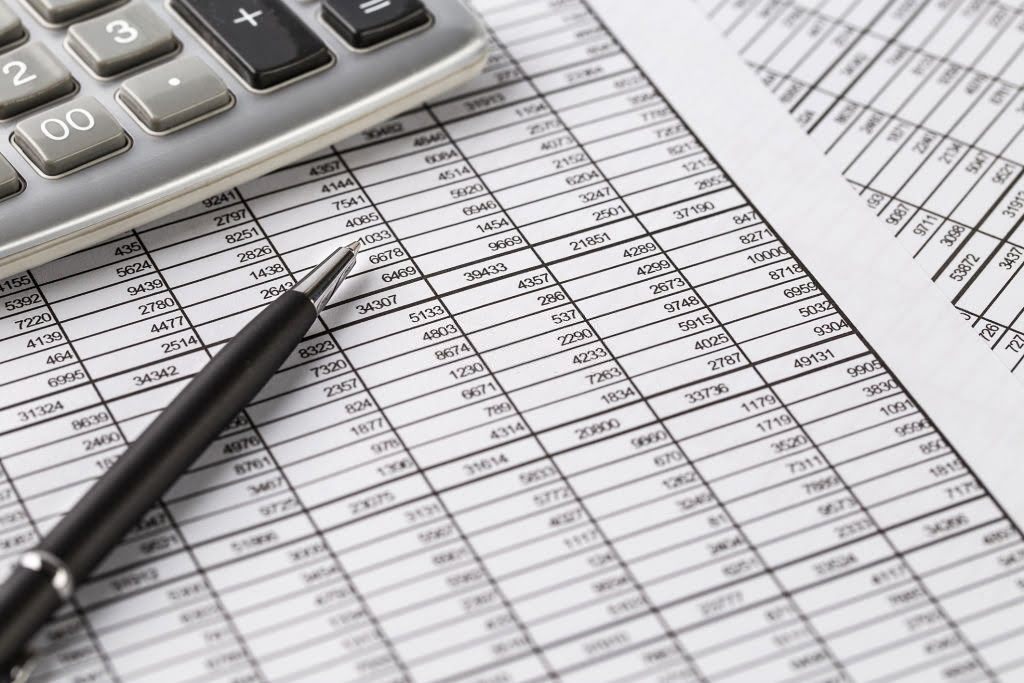How Does Comparable Valuation Work?
Comparable valuation is a type of business valuation. It allows companies to evaluate the worth of a company by comparing its valuation multiples to those of its competitors. Valuation multiples are affected by several different factors – generally, the multiples are ratios of numerous valuation metrics, such as equity market or capitalization, or financial metrics, like earnings per share or sales.
The basic concept of comparable valuation revolves around comparing the company with its competitors because it is only logical that organizations with identical attributes should trade at similar values. However, this type of business valuation technique is only used by those companies in Malaysia that are capable of gathering enough data about their competitors.
The Importance of Using Comparable Valuation
If you have the required data from your competitors, then the comparable valuation is quite an easy method of business valuation used by many accounting firms in Malaysia. Furthermore, if the markets are steady and providing good securities of other companies, you can rely on comparable valuation to get an accurate valuation range.
On the other hand, other business valuation techniques, like discounted cash flow, are affected by many other factors that make comparable valuation much more reliable.
Comparable valuation has applications in various industries. Accounting firms in Malaysia prefer this type of business valuation in many situations because it is a highly respected technique among market analysts, investment bankers and other equity investors.
How to Perform Comparable Valuation
1. Validate the Peer Data
Whatever your requirements or type of business, you must properly research your peers before selecting suitable companies and move on to the second step to validate the basic metrics chosen for the comparisons.

2. Confirm Basic Metrics
There are different types of comparable valuation that have emerged due to the technicalities of different types of businesses. As a result, it is the responsibility of the accounting firm that you are using in Malaysia to select and confirm appropriate metrics for comparable valuation.
Analysts can choose trailing performance metrics or future performance metrics that are derived on the basis of projections. Depending on what kind of data you have about your own company (as well as your peers), both of these metrics are useful for an efficient comparable valuation process.
Generally, future metrics are preferred by a significant number of analysts and accounting firms in Malaysia. However, such metrics must be dealt with very carefully and confirmed at every step of the process to ensure there are no serious errors.
Uncertain market situations can disrupt the entire process because the future projections will prove to be inaccurate; hence, the end result will be wrong as well. However, it can be avoided by keeping the metrics up-to-date.
3. Choose Suitable Multiples
Several adjustments have to be made during the comparable valuation of an organization. Such changes might be in the form of one-time changes or modifying the cost of non-recurring assets, like legal expenses, restructuring fees and selling assets. Every company must use up-to-date facts and figures to ensure their metrics and multiples are not off. All of these factors will be highly beneficial in producing an accurate range value of your company.
If the business valuation is being carried out by comparing the company with different organizations in Malaysia, then choosing the right multiples can become quite challenging. In fact, in such situations, many experts suggest shifting towards any other type of business valuation. The goal of business valuation is to determine the worth of a company.
In cases where the comparable valuation is not able to produce appropriate results, accounting firms in Malaysia can choose to use other valuation techniques, along with comparable valuation, to get a precise value of the company.

In a Nutshell
Despite some of its disadvantages, comparable valuation has managed to remain a popular type of business valuation in Malaysia because it is easy to calculate a company’s value through comparisons when a large amount of data is available.
All you have to do is select suitable peer data, calculate the market capitalization and value and find out the projected finances of the company. Finally, you can obtain the company’s value by applying suitable metrics and making smart comparisons.
For more information, feel free to get in touch with us.





